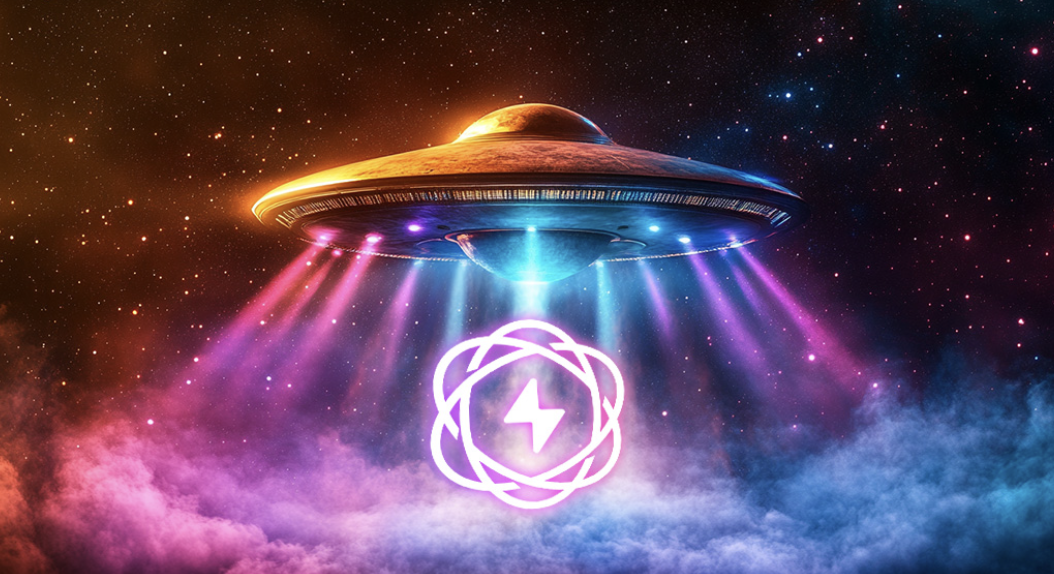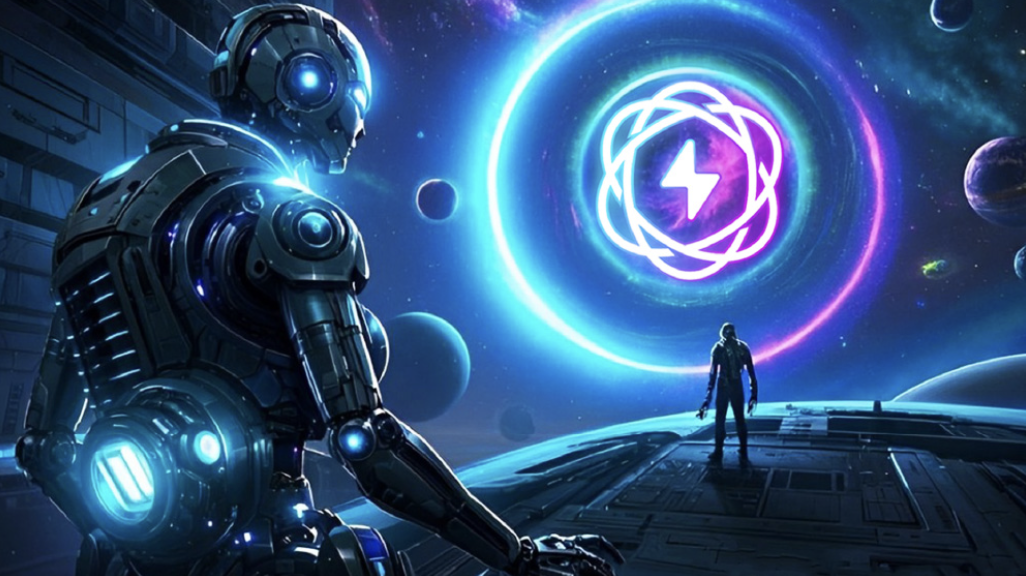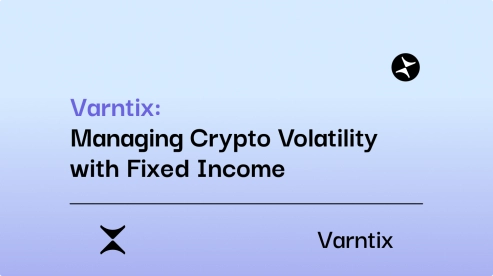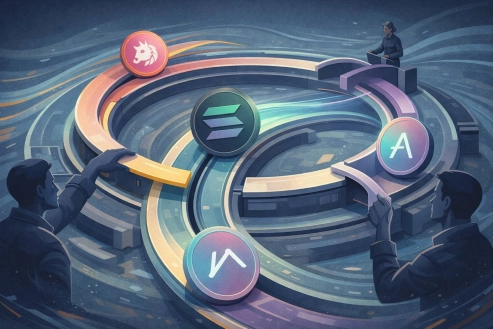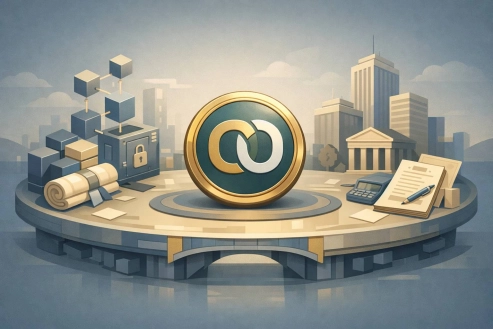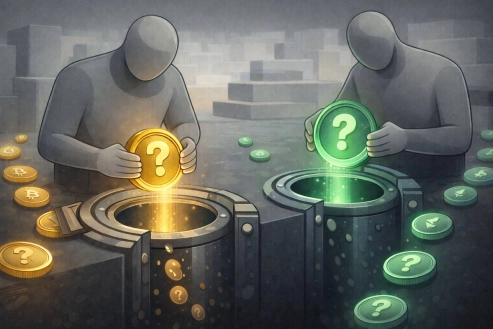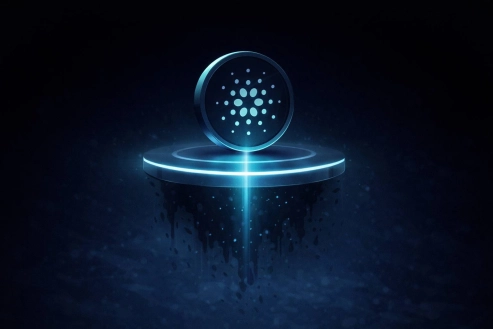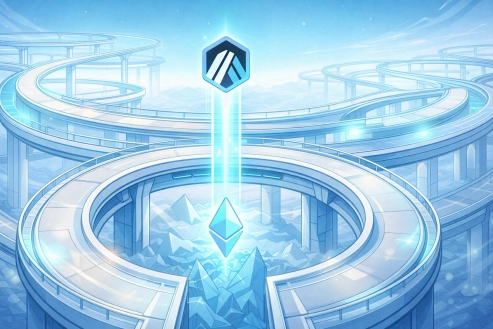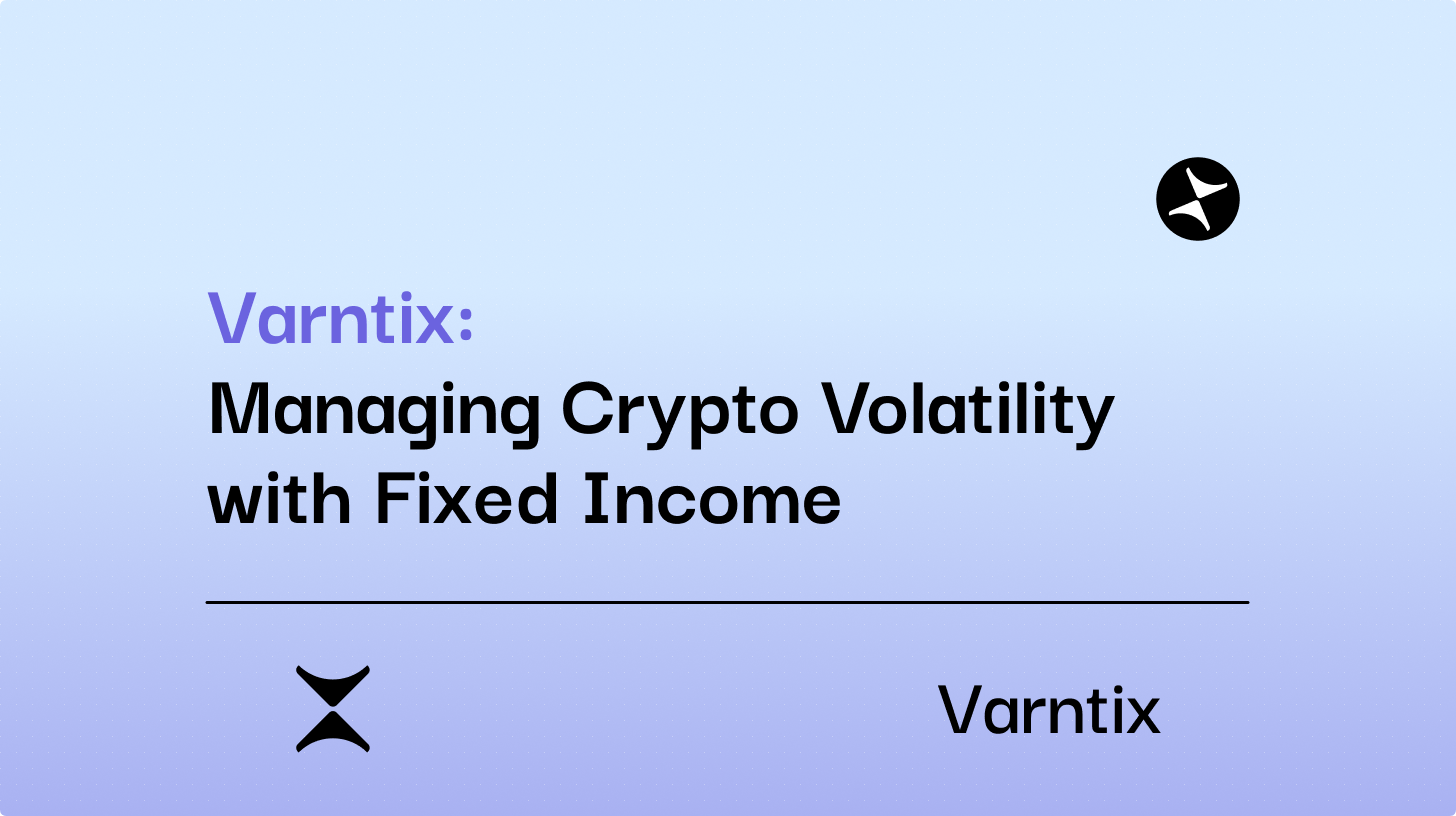In 2025, missing out on this Solana (SOL) and Ethereum (ETH) alternative could be your biggest cryptocurrency oversight. Here's why.
The crypto market in 2025 is buzzing with potential, and ignoring new entrants could prove to be a costly error.
While Solana (SOL) and Ethereum (ETH) continue to hold significant positions, emerging players like Lightchain AI are making a strong case for capturing a share of the market.
With over $9.7 million gathered during its presale at a price of $0.004875, Lightchain AI is paving the way for groundbreaking advancements and rapid growth.
Solana (SOL) Speed Balances Scalability Hurdles
Solana (SOL) is renowned for its rapid blockchain capabilities, addressing growth challenges through its unique Proof of History (PoH) consensus mechanism. This technology has attracted numerous decentralized apps (dApps) that demand swift transaction processing.
However, Solana has faced network interruptions and centralization concerns, prompting efforts to bolster the network's resilience and decentralization. Recent developments include Layer 2 scaling solutions and collaborative initiatives to enhance speed and user satisfaction.
By the end of 2024, Solana's ecosystem continues to expand, with a notable increase in stablecoin adoption, challenging Ethereum's dominance in the blockchain arena.
Ethereum (ETH) Leading Smart Contract Platform Facing New Obstacles
Ethereum (ETH) remains the leading platform for smart contracts, supporting decentralized applications (dApps) and decentralized finance (DeFi) projects. Nonetheless, it faces several challenges. Scalability is a major issue, with transaction throughput capped at around 14 transactions per second—much lower than traditional systems like Visa.
Security weaknesses in smart contract code have also led to significant financial losses, such as the infamous DAO hack in 2016. Moreover, the energy-intensive proof-of-work (PoW) consensus previously used by Ethereum raised environmental concerns.
In response to these challenges, Ethereum shifted to a proof-of-stake (PoS) consensus mechanism in September 2022, reducing energy usage by 99%. Further updates, like the Dencun (Deneb-Cancun) upgrade planned for March 2024, aim to improve scalability and reduce transaction fees on Layer 2 networks.
While these improvements mark substantial progress, Ethereum still contends with competition from new blockchain platforms that offer different solutions to scalability and security issues.
Lightchain AI Emerging as a Promising New Player
Lightchain AI (LCAI) is an innovative platform that merges artificial intelligence with blockchain technology, offering fresh and transformative solutions across various sectors.
Its tokenomics are structured to be equitable and sustainable, with a total supply of 10 billion tokens allocated across presale, staking rewards, liquidity, marketing, the team, and the treasury. The roadmap outlines an exciting progression from prototype development to widespread global adoption, aiming to revolutionize decentralized AI applications.
A standout feature is the Memecoin Launchpad, which equips creators with the tools to design, launch, and monetize meme-based projects, fostering creativity and innovation within the ecosystem.
By integrating cutting-edge AI with blockchain, Lightchain AI is poised to become a significant player in the digital landscape.
https://lightchain.ai/lightchain-whitepaper.pdf
https://t.me/LightchainProtocol
Disclaimer: This is a sponsored article and is for informational purposes only. It does not reflect the views of Bitzo, nor is it intended to be used as legal, tax, investment, or financial advice
Investment Disclaimer





